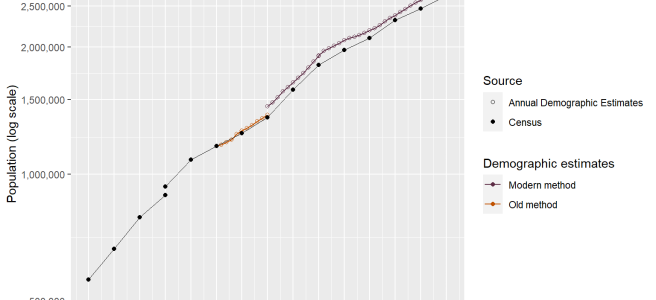(co-authored with Jens von Bergmann and cross-posted at MountainMath)
Earlier this year a report from the NSW Productivity Commission in New South Wales, Australia, included a useful estimate to illustrate the harm that’s being done by height restrictions in Sydney. We thought it might be helpful to replicate the analysis for the Vancouver context.
Taking ideas from the report we set up a simple counter-factual question:
What would rents be if every apartment building built in Metro Vancouver over the past five years had been on average 20% taller?
TL;DR
We estimate that planning decisions preventing apartment buildings built in the past 5 years in Metro Vancouver from being on average 20% taller are resulting in an annual redistribution of income from renters to existing landlords on the order of half a billion dollars across the region via higher rents.










